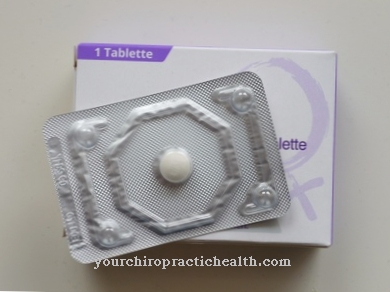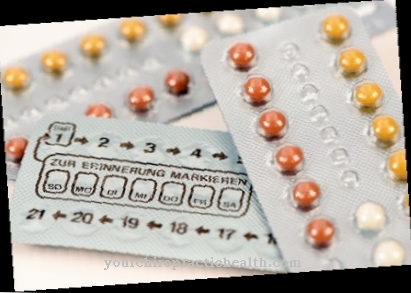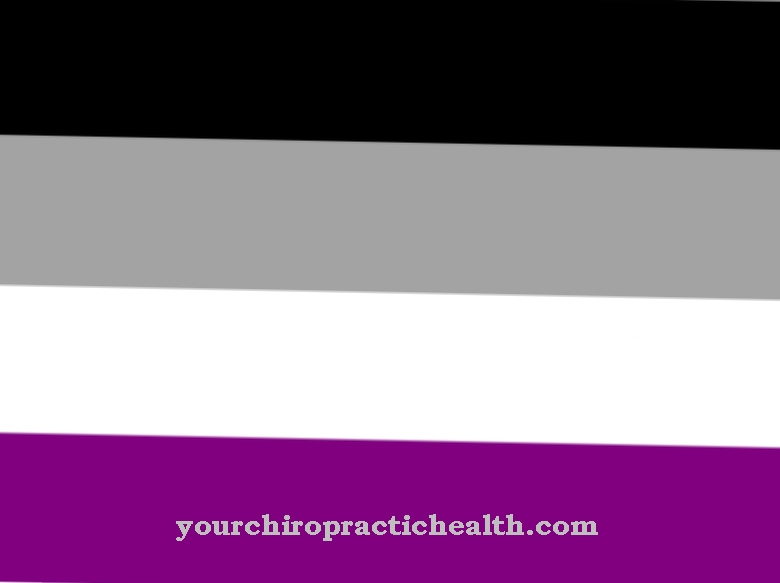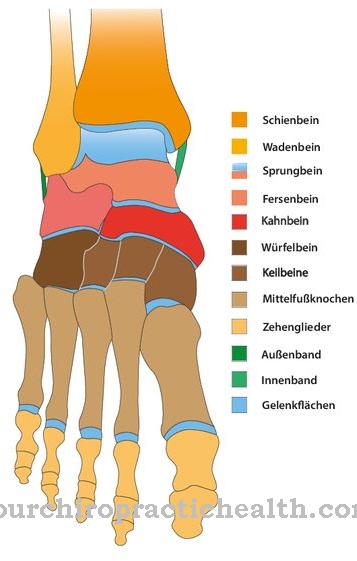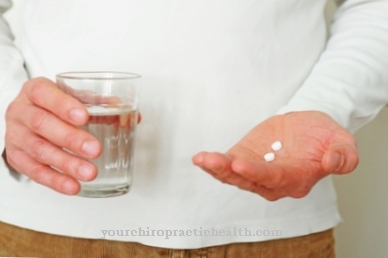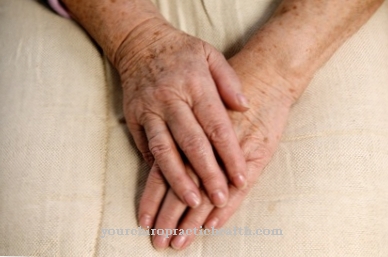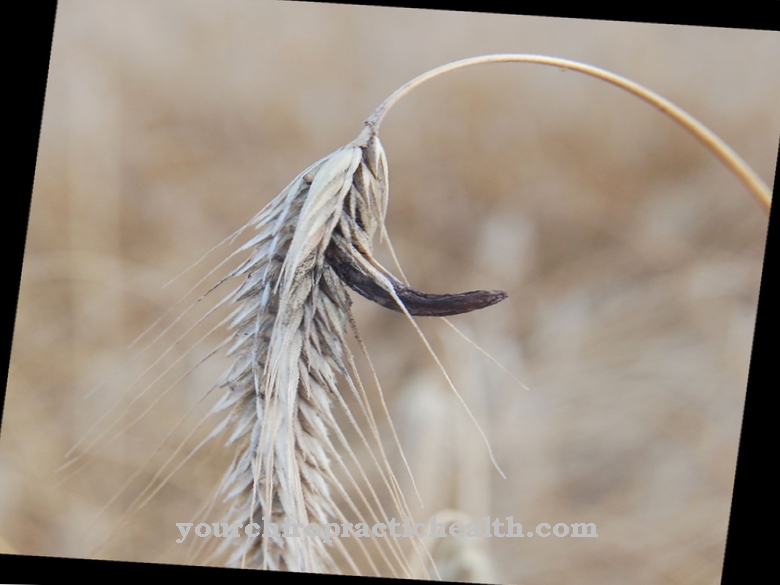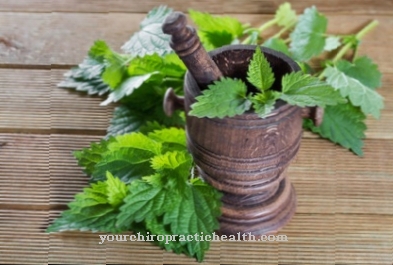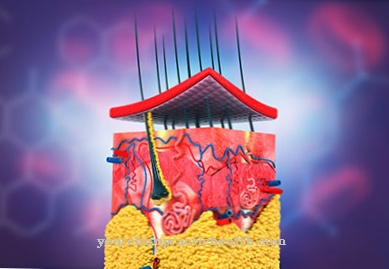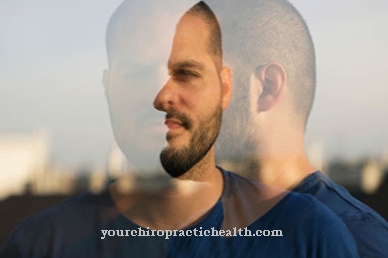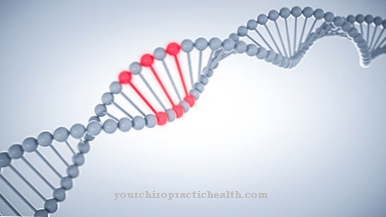Mosquito bites can not only torment those affected by itching, the animals also transmit diseases, some of which are not harmless. Malaria and dengue fever are two of the few possible diseases that show the importance of protecting yourself from mosquito bites. Mosquito repellent provide a remedy here. It is easier to prevent stings than to treat illnesses that may arise after the fact.
What are mosquito repellants?
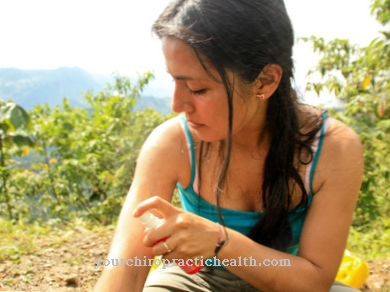
There are different forms of mosquito repellants on the over-the-counter market, all of which ultimately aim to protect people from bites and thus from transmissible pathogens.
Mosquito repellants usually not only work against mosquitoes, they also protect against other biting insects that are potential vectors of disease. Your goal is to drive away or kill the sources of danger. This takes place on different levels depending on the selected agent.
All mosquito repellants are designed to prevent bites rather than treating them after they occur. They have a wide variety of ingredients that can be of both chemical and natural origin.
Application, effect & use
The medical use of mosquito repellants is particularly important when staying in regions that are close to the equator. The heat and humidity provide mosquitoes with an ideal climate. As a result, the populations in such countries are often more represented and spread dangerous tropical diseases.
The mosquito repellants differ in their application depending on the form. Mosquito nets over the bed can physically prevent mosquitoes from being bitten. By wearing light-colored clothing, the insects are recognized more quickly and can be eliminated manually. Long sleeves and pant legs are also useful, as they offer less surface and thus protect the skin from excessive stitches.
Most mosquito repellants, however, consist of liquid tinctures, sprays, and ointments that can be applied to the exposed body surfaces. Care should be taken to ensure a seamless distribution. If the clothing is made of thin fabrics, it is advisable to apply the product to parts of the body that are not freely visible. Most mosquito repellants are similar in their effects.
For the most part, they contain an odorous substance that drives away the insects, so that there is no physical contact in the first place. Its efficiency is based on repelling the mosquitoes before they can touch the skin and sting. The mosquito repellent is heated by the body and outside temperature, which means that it evaporates and attacks the mosquito's perception. This makes it impossible for her to locate the intended host.
In addition to protective agents for the body, there are room sprays that rid the individual environment of mosquitoes. Their effect is also due to ingredients that are repellent to mosquitoes because of their smell. A distinction is made between insecticides and repellants. While repellants affect the insect's senses and prevent it from stinging, insecticides kill it.
Most of the protective products that can be applied to the skin are repellants. Because they drive away the mosquito, but do not kill it, the resistance build-up is less on the part of the insect. This process results in a longer effectiveness of the agent. It does not have to be adapted to the changed populations.
Herbal, natural & chemical mosquito repellants
Mosquito repellants can be divided into different groups, graded according to their ingredients.
Herbal preservatives include tea tree oil and essential oils such as citronella and citriodiol®. Vegetable elements from garlic, thyme, basil, lavender, peppermint or cloves are used here. Another natural mosquito repellent is saturated fatty acids such as coconut oil.
These substances are applied to the skin in the same way as chemical-pharmaceutical ones, which often contain DEET in different doses. Other active ingredients are icaridin, ethyl butylacetylaminopropionate and DMP. Depending on the amount of the active ingredient contained, the protective agent must be used more or less frequently in order to efficiently avoid mosquito bites.
In homeopathic terms, stings are e.g. prevented by taking Staphisagria D 3. This is added to the body orally when dissolved in water. The repetition of the intake must be adapted to the intensity of the mosquito threat.
Risks & side effects
Mosquito repellants can harbor risks and side effects that are particularly common when using chemical repellants. Skin irritation, itching, redness and burning can occur.
They can also irritate the cornea and mucous membranes, which are particularly sensitive. With DEET there is also the risk of sensory disturbances such as numbness or tingling. Seizures and brain damage are also possible in very rare cases. These can be traced back to the fact that DEET can enter the bloodstream through the skin.
But herbal mosquito repellants can also have a negative effect on the body. Essential oils can cause skin irritation and promote existing allergies, which is particularly the case with increased exposure to the sun. However, they are not toxic and therefore usually better tolerated.
Anti-insect bite products

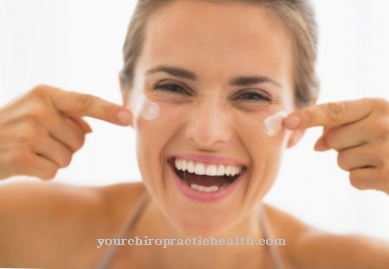
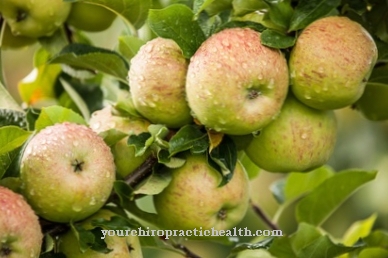

.jpg)
